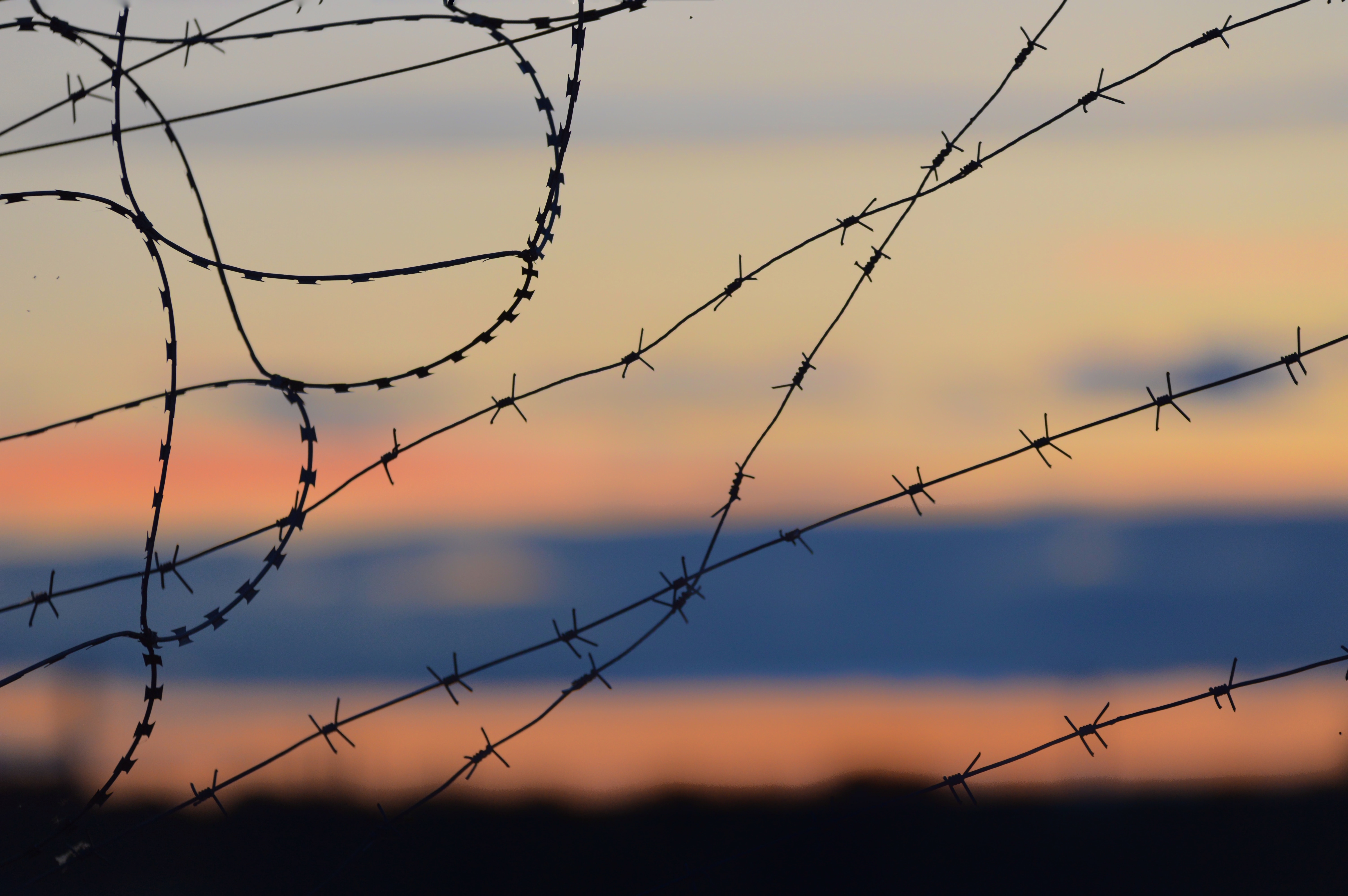
Israel and Hamas – Oct. 24
It has been over two weeks since the Hamas launched its assault on Israel and Israel responded. Thousands have been killed and hundreds taken hostage. In Asia, especially in ASEAN, demonstrations supporting the Palestinian cause are escalating, but countries remain divided on their stances. Despite concerns about the war’s economic impact, some governments are more optimistic. We also see a rise in humanitarian efforts from Asia. Globally, corporates are struggling to find a way to address the conflict with their employees, with some taking action against workers that might be polarizing.
- Protests by Muslims around the world continue with protestors calling for an immediate ceasefire, expressing solidarity with the Palestinians and anger at Israel. In Malaysia, thousands gathered at a demonstration in Kuala Lumpur’s Merdeka Square on October 22 to show support for the Palestinian’s cause – the third such gathering in Malaysia in the last ten days. In Jakarta, Indonesian demonstrators marched from several mosques to the U.S. Embassy to denounce American support for Israel. Similar protests also took place in front of the United Nations mission and the Indonesian Ministry of Foreign Affairs compound. In Singapore, where authorities are not allowing events and public assemblies related to the conflict, an activist’s Instagram post calling for peace and an end to the war has sparked a police investigation. In Thailand, hundreds of people demonstrated outside the Israeli Embassy in Bangkok on October 21, demanding an end to the bombing of Gaza, and denounced both Israel for doing it and the United States for supporting it.
- Despite issuing a joint statement, ASEAN remains divided on their stances on the war. In a statement after its first summit, ASEAN and Gulf Cooperation Council (GCC) leaders called for a cease-fire, the provision of humanitarian aid, the release of hostages, and the start of peace talks. However, ASEAN nations are split on which side they support. Malaysia said it would keep highlighting the Palestinian people’s predicament on the international stage, even though it expected repercussions from Western countries. In Singapore, Prime Minister Lee Hsien Loong reiterated Singapore’s position, condemning Hamas’ October 7 attack on Israel and noting that Israel has the right to defend itself. The Philippines has condemned violence against civilians and said it recognized Israel’s right to self-defence.
- Worries over the war’s economic effects on Asia continue, but some governments estimate the impact may not be that significant. Asian markets fell on October 23, on worries the Israel-Hamas war would escalate into a regional conflict. As fuel prices rise, Japan is urging Saudi Arabia and other oil-producing nations to increase supplies to stabilize the global oil market. By contrast, the Commerce Ministry in Thailand has said the conflict had yet to impact domestic product prices. For India, while the India-Middle East-Europe Economic Corridor (IMEC) has gone off track, experts said it was too soon to say if the IMEC will be a “casualty” of the conflict.
- Asia has stepped up in efforts to provide aid. China said it has provided and will continue to provide emergency humanitarian assistance to the Palestinians, through the United Nations and via bilateral channels. India has sent nearly 6.5 tonnes of medical aid and 32 tonnes of disaster relief material, Japan has also said it would provide $10 million (about ¥1.5 billion) in aid for civilians in Gaza.
- Globally, there are mixed reactions from the corporate world. Some companies initially made public statements condemning the war, but many remain muted. Executives at J.P Morgan Chase & Co., Goldman Sachs, Google and Meta were among dozens who initially condemned the Hamas attacks and expressed solidarity with the Israeli people. Many pledged millions of dollars in humanitarian aid and detailed efforts to safeguard employees in Israel. However, companies are now also taking action against their employees for being too polarizing. For instance, Starbucks accused a union representing thousands of its baristas of damaging the brand and endangering co-workers with a pro-Palestinian tweet. The CEO of a prominent technology conference Web Summit stepped down amid a backlash over his criticism of Israeli military actions in Gaza. Moreover, corporate diversity teams are grappling with how best to talk about the war internally with their employees.
For additional counsel on geopolitical matters, please contact your
Weber Shandwick client service team or get in touch
- The content of this news bulletin is a summary of publicly available news articles on events and developments related to Asia Pacific business sectors
- The views and opinions reflected by these headlines do not necessarily represent those of Weber Shandwick


